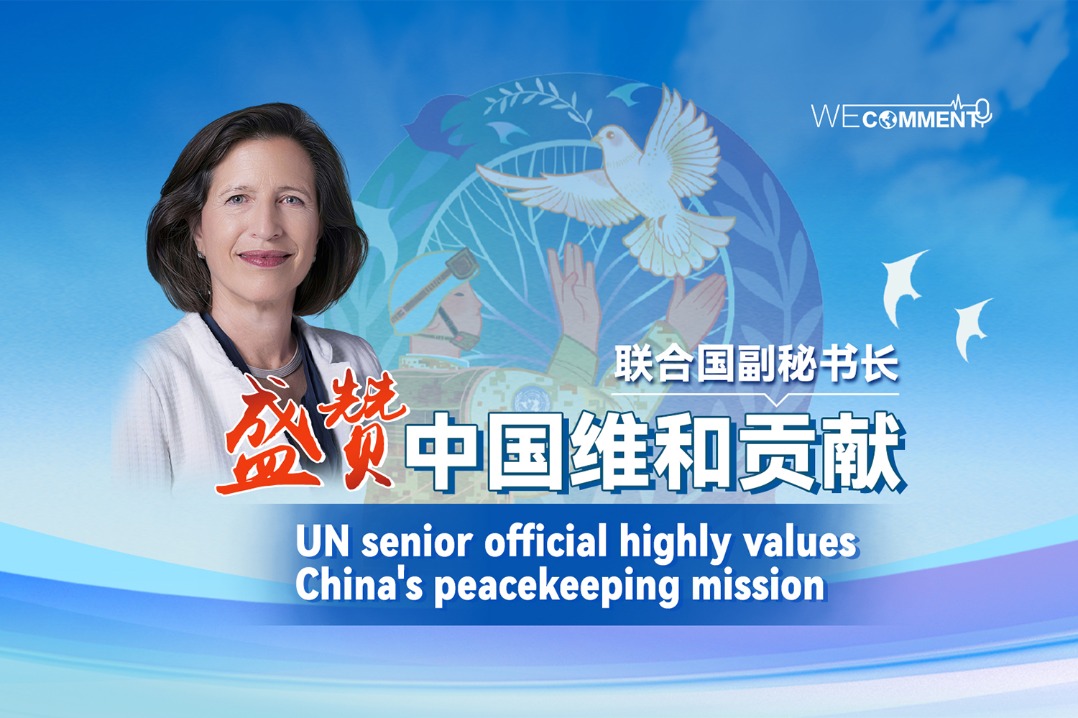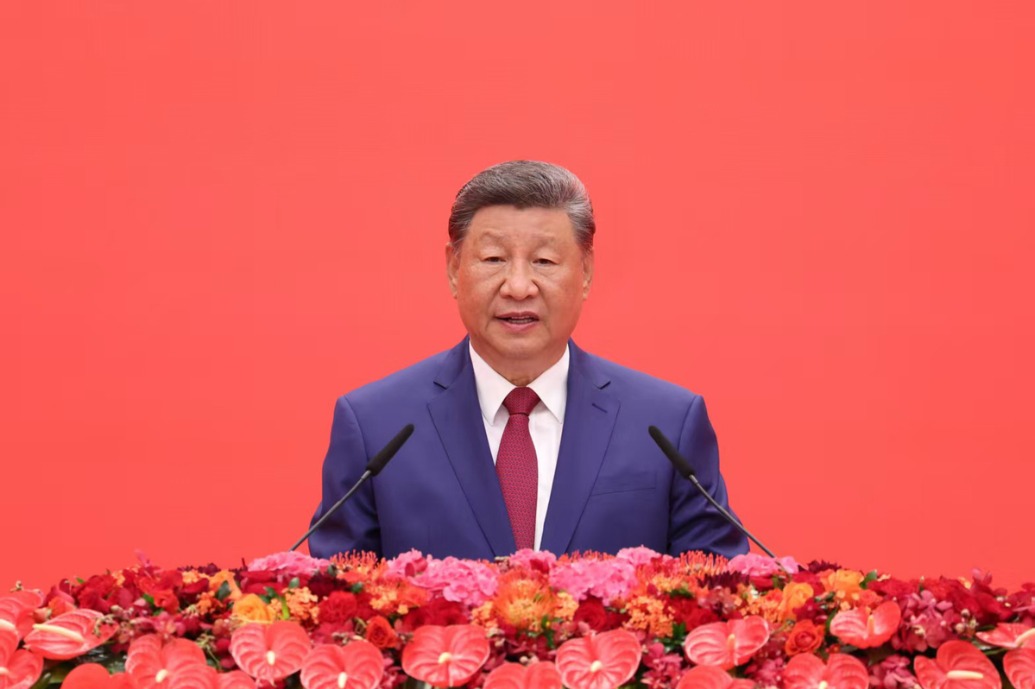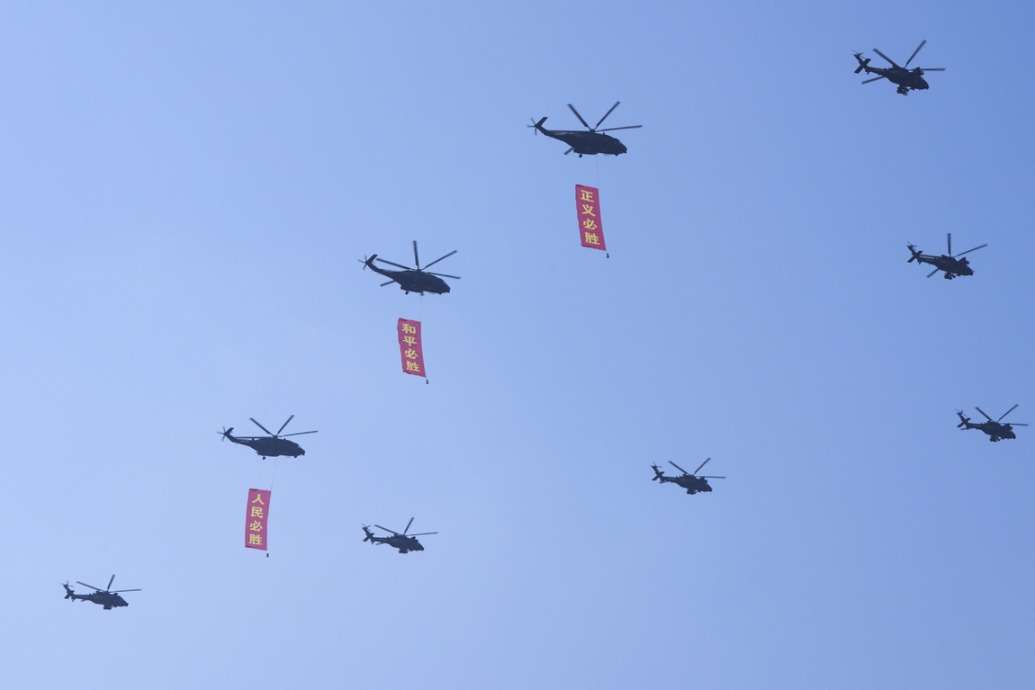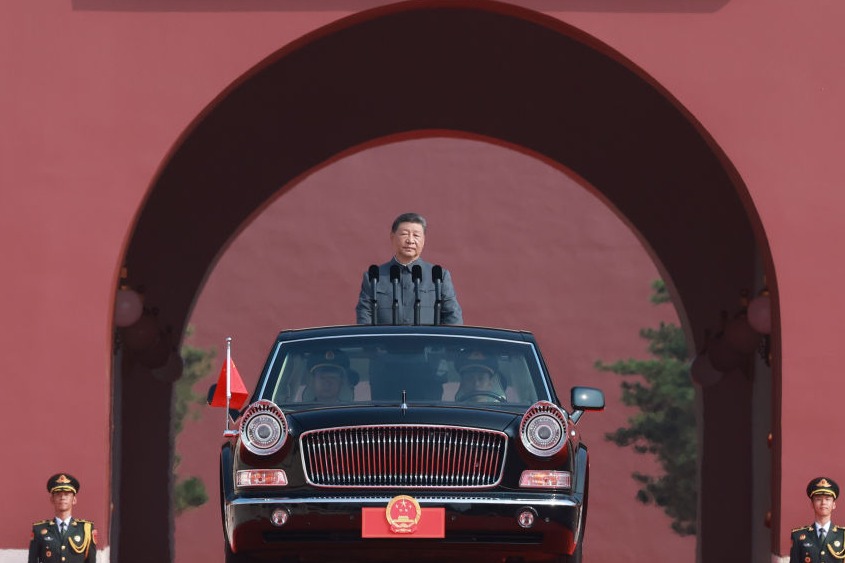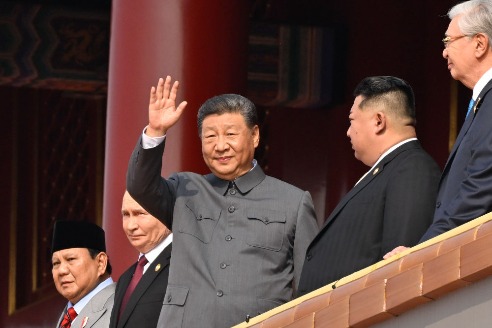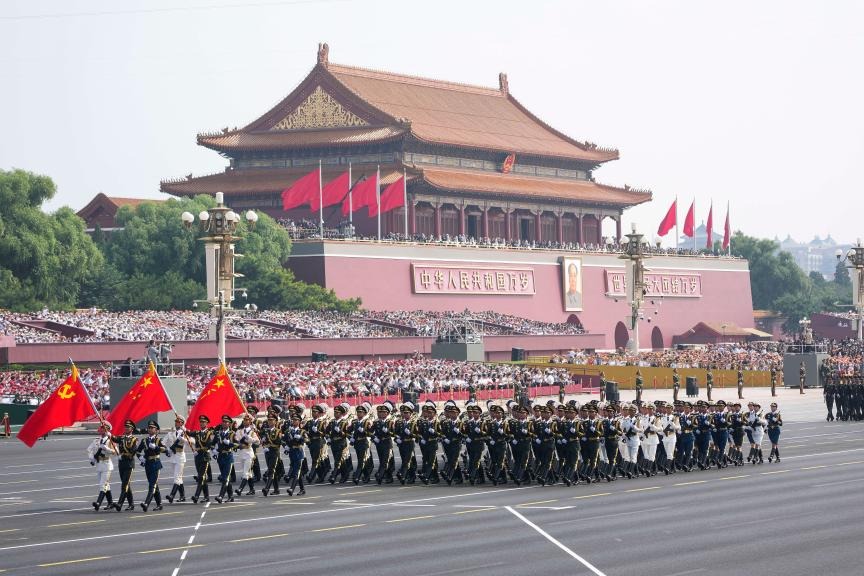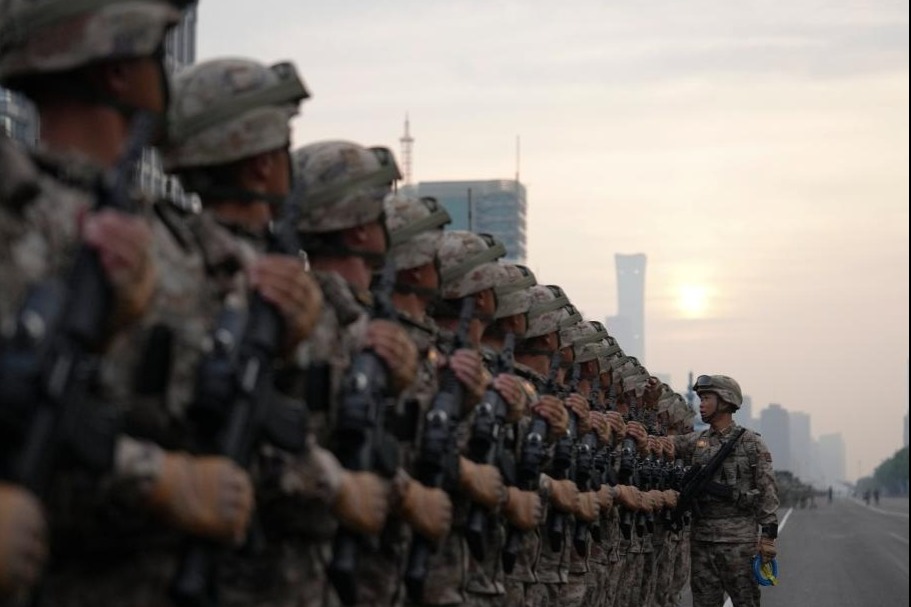Clarion call for safeguarding multilateral trade system for the common good of world: China Daily editorial

Since its founding three decades ago, the World Trade Organization has taken it as its main task to help trade flow as freely and smoothly as possible, given that it is critical for world economic development and people's livelihoods. Under the WTO framework, members are expected to abide by such basic principles as trade without discrimination and the elimination of tariffs and trade barriers when conducting trade activities with each other, so as to ensure a stable and predictable framework for multilateral trade.
Yet the trade policies being adopted by the current United States administration have brought great uncertainty to global trade. The high tariffs it has imposed or threatened to levy on major trading partners are increasing the costs of imported goods and have disrupted the global industry and supply chains. This practice of protectionism and unilateralism that runs counter to WTO rules will ultimately hinder economic growth and global cooperation.
In their first-ever statement supporting the multilateral trading system with the WTO at its center, the leaders of the Shanghai Cooperation Organization member states reaffirmed their opposition to protectionism and unilateralism. Released at the just concluded SCO Summit in Tianjin, the statement voiced their unwavering support for major WTO principles such as most-favored-nation treatment and nondiscrimination, and urged all parties to uphold international trade law, including WTO rules.
The high import tariffs the US began imposing this year on most of its trading partners constitute the biggest disruption to the international trading system since World War II, as WTO Director-General Ngozi Okonjo-Iweala said on Tuesday. The share of global trade conducted under the WTO's most-favored-nation terms has declined from about 80 percent to 72 percent, and could fall further, stoking concerns that the 30-year-old organization set up to uphold free trade is being sidelined.
"We're experiencing the largest disruption to global trade rules, unprecedented in the past 80 years," she said in an interview. "If tariffs are used in a geopolitical and geostrategic manner, there's nothing we can do about it." She warned that world trade could experience the effects of tariffs "later down the line" into 2026.
The International Monetary Fund in April lowered its global growth forecast, citing the damaging impact of the US' escalating tariff policies and the deepening trade conflicts among major economies. It forecast the global economy will grow by 2.8 percent in 2025, a 0.5 percentage point downgrade from that in its previous World Economic Outlook issued in January. Growth is forecast to reach 3 percent in 2026, a 0.3 percentage point drop on its earlier projection.
Given that the US tariff policy is detrimental to global trade development and threatens to erode and even dismantle the foundations on which the WTO was founded, it is imperative that countries work jointly to safeguard the multilateral trading system, fight against unilateralism, and try to ensure the stability of the global trade order so as to benefit all participants.
As a bellwether of global free trade, China has repeatedly pointed out that there are never any winners in a trade war, and protectionism leads nowhere. It has spearheaded efforts to safeguard economic globalization and oppose protectionism and unilateralism, and it played a major role in prompting the SCO to release the statement.
Aligned with the WTO's efforts to facilitate global trade, the SCO members also pledged to help the developing members achieve industrialization and to extend support to the least-developed countries to integrate them more effectively into the multilateral trading system.
This serves as a clarion call to combat protectionism and safeguard the multilateral trading system at this critical juncture when the world economy is faced with increasing challenges and uncertainties. That China, as the world's second-largest economy, is committed to free trade and opening ever wider to the world, no matter how the international economic dynamics evolve, injects much-needed certainty and confidence into the global economy.
The country is ready to work with other trading partners to make sure the WTO continues to act as a stabilizing facilitator for world trade. The world must stand united to avoid damaging economic fragmentation.

















